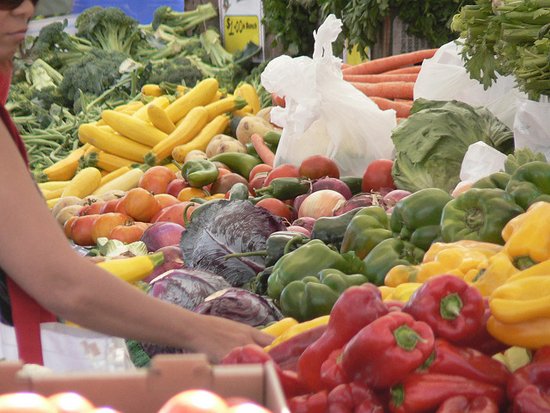
Do I have to eat my veggies? This seems to be a common cry among children—and even some adults. Why is it so hard to get our daily recommended servings of fresh vegetables, even when we know how good they are for us? Vegetables are key to your—and your family’s—health. Here’s some great tricks to increase your veggie intake—without even realizing it!
The foods you choose can have a large impact on your health. Some foods contain things like excessive fat or calories that can increase your risk for breast cancer. But other choices may actually protect you against breast cancer. “The more fruits and vegetables people eat, the less likely they are to get cancer,” reports Dr. Peter Greenwald, Director of the Division of Cancer Prevention and Control at the National Cancer Institute.
Eat The Best Types of Vegetables
Not all vegetables are created equal. While almost all veggies have incredible health benefits, such as fiber and vitamins, there are certain vegetables that researchers believe have an increased ability to prevent different types of cancer.
- The darker your green veggies, they more cancer-inhibiting carotenoids they have.
- The deeper orange-colored fruits are higher in beta carotene. Getting your beta carotene from fresh veggies may help protect any cells that are exposed to carcinogens.
- Cruciferous vegetables (such as broccoli, cauliflower, bok choy, brussel sprouts, radishes and arugula) can help lower your risk of many diseases because of their chemicals and phytochemicals
- Tomatoes contain lycopene, a type of antioxidant, which attack free radicals, which may cause cancer.
Easy Ways To Eat More Vegetables
Even though many people know how good vegetables are for protecting and improving their health, it can be hard to incorporate these fresh foods into busy lives. The U.S. Department of Agriculture (USDA) dietary guidelines suggest that you eat at least 3-5 servings of vegetables and 2-4 servings of fruit each day. (See our article on vegetable servings if you need help figuring out what a serving is.) Most women fall far short of these guidelines. Try these ideas to boost your intake:
- Invest in a high-quality blender that can pulverize fruits and veggies, and make a fresh smoothie each day. It’s easy to disguise the flavor of such anti-cancer foods as kale, spinach, carrots and zucchini, with a little bit of sweet fruit.
- Finely shred or mince veggies and add them to a marinara sauce or to a muffin mix.
- Puree raw spinach and add them to brownies.
- Include mashed cooked cauliflower to your mashed potatoes.
Take the opportunity to reduce your—and your family’s—risk of cancer by improving your nutrition.